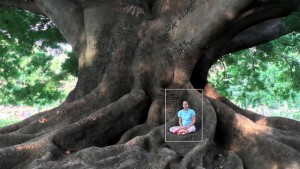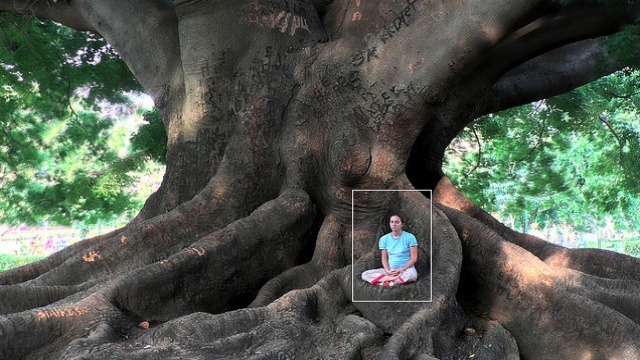
I have the pleasure of attending Bookswap at the Booksmith every other month. Its a meet and greet of the literary sort where we all introduce our favorite book, talk and then swap. At the end of each Bookswap, the Booksmith staff brings out advanced copies of books for guests to peruse. One cover caught my attention the last time I went – Transcendence by Norman E. Rosenthal. M.D. – a book highlighting Transcendental Meditation from a medical viewpoint.
Dr. Rosenthal is a reputable doctor with a twenty-year tenure at the National Institute of Mental Health; he also pioneered the study of seasonal affect disorder (SAD) and wrote about the study in his former book Winter Blues. He now a clinical professor of psychiatry at Georgetown Medical School and also a seasoned meditator. In this book, he elucidates the practice of transcendental meditation -TM and highlights how it can greatly reduce symptoms of stress, depression, ADHD, impulsiveness, addiction, anxiety, and post traumatic syndrome. He draws from personal accounts spanning environments and conditions, as well as articles detailing clinical research from over 340 peer-reviewed trials.
Transcendental Meditation has been the most studied form of meditation. It’s a non-religious meditation consisting of sitting comfortably for twenty minutes with your eyes closed, twice a day while focusing the mind’s eye on a mantra or nonverbal sound to attain a deep state of attentive relaxation.
Studies have shown that brain waves achieve coherence during meditation; “which is an area of growing interest among neuroscientists. All the different parts of the brain generate waves in several frequencies. These brain waves are said to be coherent when waves of a given frequency from different parts of the brain are in step with one another…It correlates with high levels of intelligence and competence…To produce a train of thought or execute an action, all the cells have to function as a unit, just as soldiers in battle need to advance in a coordinated way” (Rosenthal, pgs. 21-22).
Moreover, TM emanates a deep sense of relaxation that given practice permeates the rest of the day. In our stressful and packed world, it is a vacation from stress twice a day when noise and stress can drift away. Rosenthal explains in Transcendence that in today’s world we are living more often in the “sympathetic nervous system (SNS), which governs (among other things) an alarm function, the ‘fight-or-flight response’ … the parasympathetic system…relaxes you” (Rosenthal pg 57). This means that anxiety, depression, cardiovascular disease and other maladies have their touchstone in an overrun SNS that create hormones, while in the short term get the body out of harm’s way, in the long run damage the body. Meditation, gets people out of this stressful situation by deep relaxation as both systems cannot be triggered at the same time.
